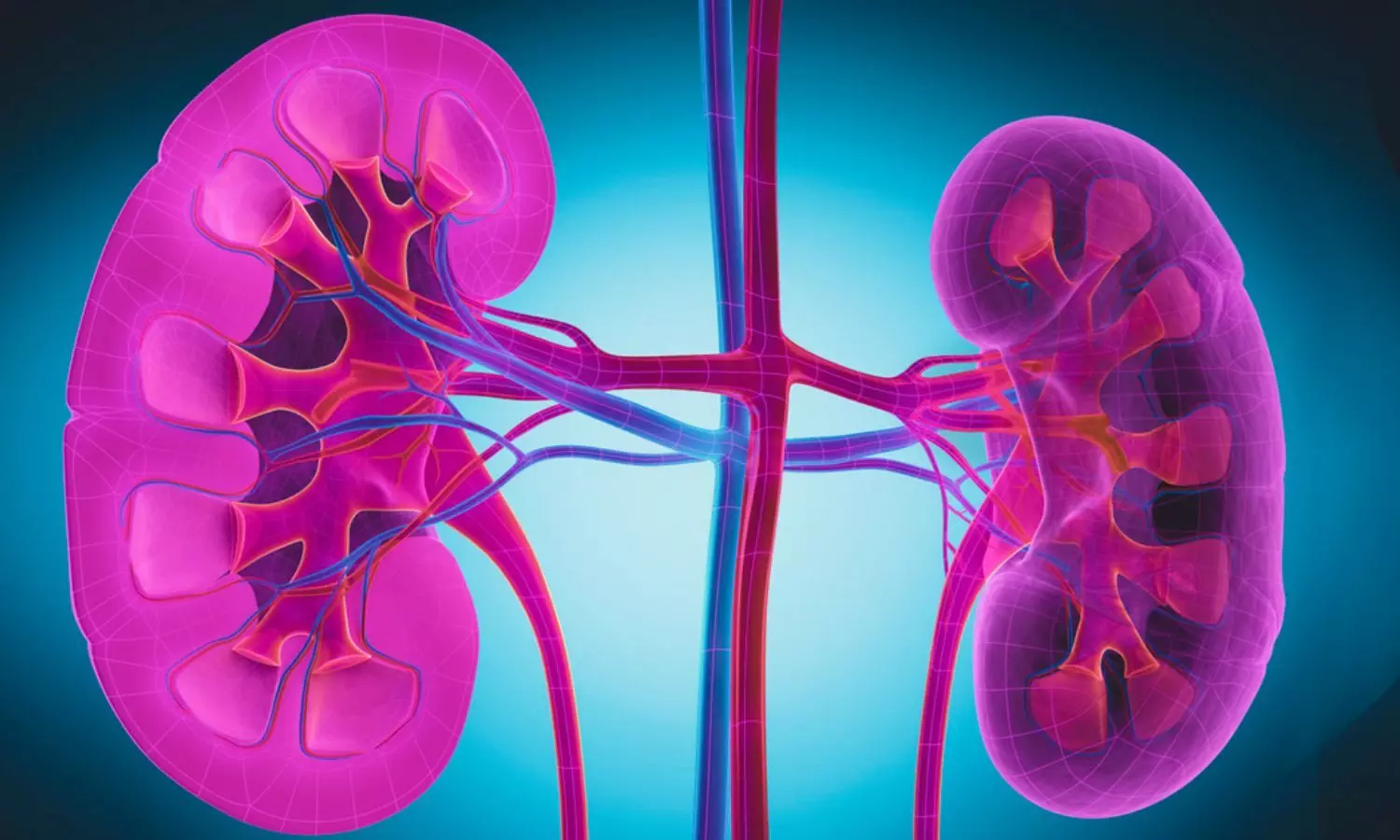Copyright independent

Researchers have found that sugar cravings can be just as bad as some drug addictions, as they both activate the same parts of the brain. Just an extra Snickers bar or a Reese’s peanut butter cup likely won’t put your health in jeopardy. But eating too much refined sugar can lead to some pretty harmful consequences in the long run. High amounts of sugar in the blood can lead to weight gain, type 2 diabetes, high blood pressure and cholesterol and heart disease. “Consuming too much sugar increases your risk of developing prediabetes, diabetes and a plethora of other chronic health conditions,” Katherine Masoud, an advanced practice nurse with Hartford HealthCare Medical Group, explained in a statement. However combatting a sweet tooth is easier said than done. To fight off cravings and keep your sweet tooth in check, experts say there are several steps you can take this holiday season. Experts are divided about a “cold turkey” detox. Registered dietitian Beth Czerwony told the Cleveland Clinic that method is too abrupt and won’t work long term. However, abstaining entirely can help break a habit fairly quickly. “Breaking a habit takes about three to four weeks,” Dr. Vijaya Surampudi, an assistant professor at UCLA Health, said. “So, cold turkey is one of my favorite ways to go.” Otherwise, slowly cutting intake by eating less sugary foods and consuming smaller portions of any foods at breakfast, lunch and dinner can help to reduce cravings. Quickly replace that gold-wrapped chocolate with sweet and healthy fruit! (Like Indiana Jones switching an Aztec antiquity for a bag of sand before the trap mechanism can be activated.) There are sugars in fruit – sometimes as much as nearly 20 grams per piece – but they are natural and come alongside essential vitamins and minerals such as immune-protecting vitamin C and vision-strengthening vitamin A. The fructose in fruit is actually not harmful – unlike in other foods. “Unless you have diabetes or another health condition where you need to monitor blood sugar levels, you’re probably not eating enough fruit for the sugar in it to be a concern,” Czerwony said. The Department of Agriculture recommends eating about two cups of fruit a day. Hit the buffet! You might actually just not be eating enough. Your body will crave empty calories if you don’t get enough during the day, registered dietitian Anna Taylor told the Clinic. Simple sugars are some of the fastest fuel – but they’re not the fuel you want. “This leads to significant hunger, which makes you crave anything sweet you can get your hands on,” she said. There also might be a lot more sugar in your meals than you know. For example, a half a cup of baked beans can have nearly a quarter of your daily recommended sugar, as they are sweetened with molasses and can sugar. Protein-heavy substitutes like protein bars, can satisfy and keep you fuller longer. If you’re really craving chocolate, reach for the dark stuff. It comes with antioxidants that protect the body’s cells from damage and can have up to 100 grams less sugar than milk chocolate. Sleeping, exercising, drinking enough water and touching grass can all distract and prevent sugar cravings. Most of us don’t get enough of at least one of these activities. Drinking enough water is critical as it helps bring nutrients to our body’s cells, regulates our temperatures and protects our joints and organs. “Research suggests that mistaking dehydration for hunger may trigger cravings as well,” the Clinic writes. Women should drink at least 2.7 liters a day and men should get 3.7 liters. That comes up to about 11 to 15 eight-ounce cups. People can get more during the day by carrying a reusable water bottle and eating hydrating foods like grapes or watermelon.



